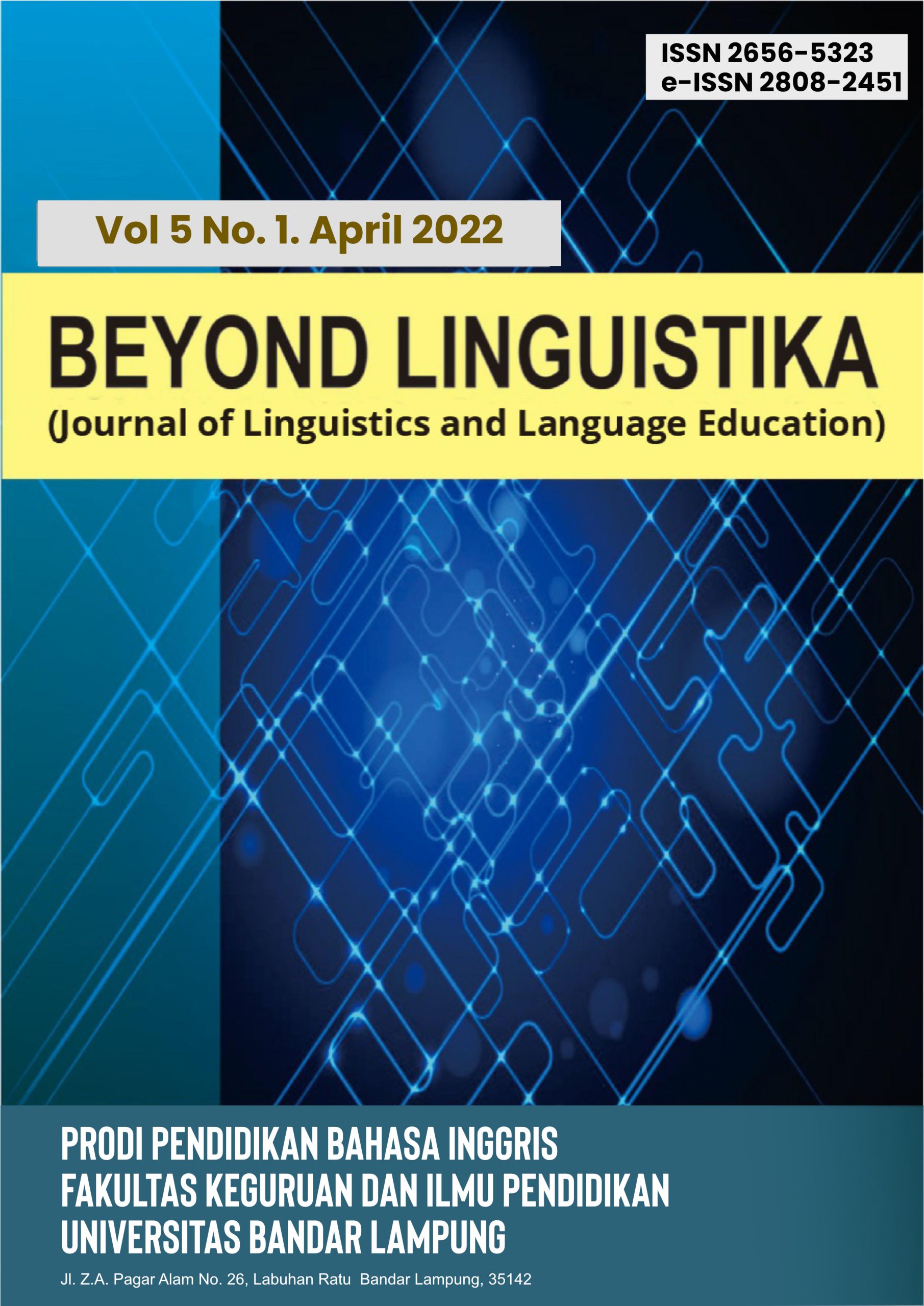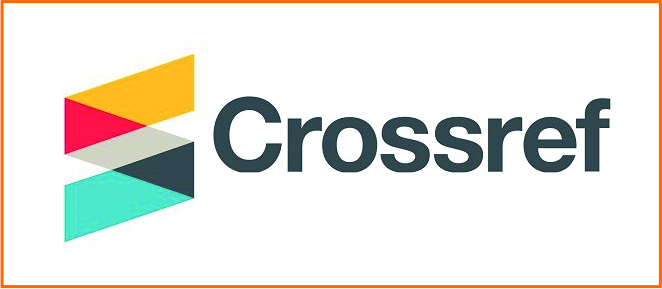THE USE OF READING STORYBOOK ON CHILDREN’S VOCABULARY MASTERY
Abstract
This article research is about to see the use of English storybook, to describe how storybook is being read in the learning process. The method used is classroom activity especially in student’s responses. The data collected through observation and interview. The observation is about the learning process between teacher and students in the use of reading storybook on children’s vocabulary mastery and the interview is about the teacher’s point of view about the use of reading storybook on children’s vocabulary mastery. The research used descriptive analysis. The process to analyze the data is by observing the student and teacher learning process in the class when the teacher reading storybook through learning process recording done. There are five aspects used to know the student’s responses in the classroom; academic aspects, aspects of thoughts, skill aspects, attitude aspects, and works of habit. The research findings show that children’s storybook can increase children’s vocabulary mastery.
Keywords
children’s storybook, reading children’s storybook, children’s vocabulary mastery
Full Text:
PDFReferences
REFERENCES
Nakamura, T. (2019). Understanding
motivation for learning languages
other than English: Life domains of
L2 self. science direct.
Creswell, J. W. (2012). Educational
research: Planning, conducting, and
evaluating quantitative and
qualitative research (4th ed.). Boston,
MA: Pearson.
Vol. 3 No.2 Oktober 2020 ISSN 2656-5323
McGuigan, J.E. (2012). Ulkus
peptikum dan gastritis. Dalam: Asdie
AH (ed). Harrison. Jakarta: EGC, pp:
-1553.
Ninio, A. & Bruner, J. (1978). The
achievement and antecedents of
labelling. JChLang 5. 1–15.
Piaget, J. (1953). The origin of
intelligence in the child. London:
Routledge.
Presidential Decree No. 39 of 1990.
DOI: http://dx.doi.org/10.36448/bl.v3i2.1824
Refbacks
- There are currently no refbacks.















